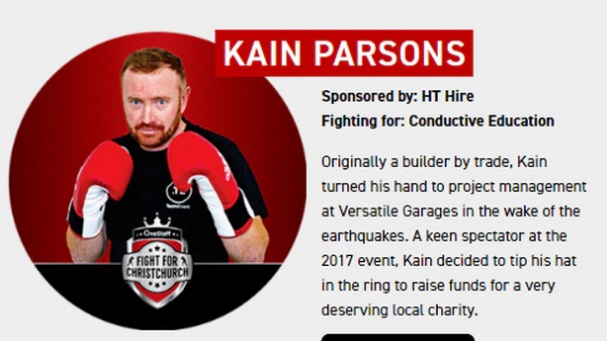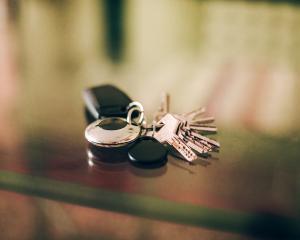Two national medical organisations have today made a call for a complete ban on boxing.
The call comes following the death of Christchurch man Kain Parsons after a charity boxing match on November 3.
He was seriously injured in the fight and died four days later in the intensive care unit in Christchurch Hospital.
New Zealand Medical Association today said it supported the World Medical Association's stance on boxing and believed it should be banned immediately.
Chairwoman Dr Kate Baddock said the association had advocated for some time for a complete ban on boxing and saw little distinction between the professional or amateur ranks because the primary focus was to harm the opponent.
"There is significant evidence that shows the damage that is done to the brain by multiple injuries.

"In May of this year, the New Zealand Medical Journal published research that highlighted six out of eight amateur, or professional, boxers presenting with early onset dementia and another with dementia," she said.
"This is unacceptable in today's society."
The Major Trauma National Clinical Network also today said it opposed boxing.
Clinical leader Professor Ian Civil said the group believed a sport which encouraged people to punch each other in the head "no longer has a place in our modern society".
Of most concern was charity events, he said.
"Individuals who don't undertake boxing as a profession, risk death or permanent brain injury in the interest of raising money for a charity.
"The personal costs to the family and society, and the additional financial cost associated with treating the injuries sustained, is far greater than any possible monetary benefit that can be achieved for the charity.
"People in New Zealand are dying and being permanently disabled and this is preventable. It is time for us to make a change."
Parsons was the third New Zealander to die while boxing in just over two years. Earlier this year Lucy Aroha Brown died after suffering a head injury during a sparring session and in September 2016 Neville Knight also died after a charity fight in Hamilton.
ACC statistics showed the had been 13,864 boxing-related injury claims since January 2016.
Soft tissue injuries were the most common, followed by fractures and dislocations, lacerations and punctures. There were also 334 dental injuries and 300 concussions.
But, earlier this month Boxing New Zealand president Keith Walker told the Herald most serious injuries in the sport come from the professional boxing scene, however amateur boxing had a very good safety record.
He said the essence of boxing was not causing injury but about skill.
"It is certainly a contact sport but there are so many safety aspects around that. You just can't look at it from a point of view of 'he is going to try and punch that guy so it will cause injury'.
"That is certainly not the case, in actual fact there is more skill factor to it than the desire to cause serious injury to the opponent. That is not the essence of the sport at all."












